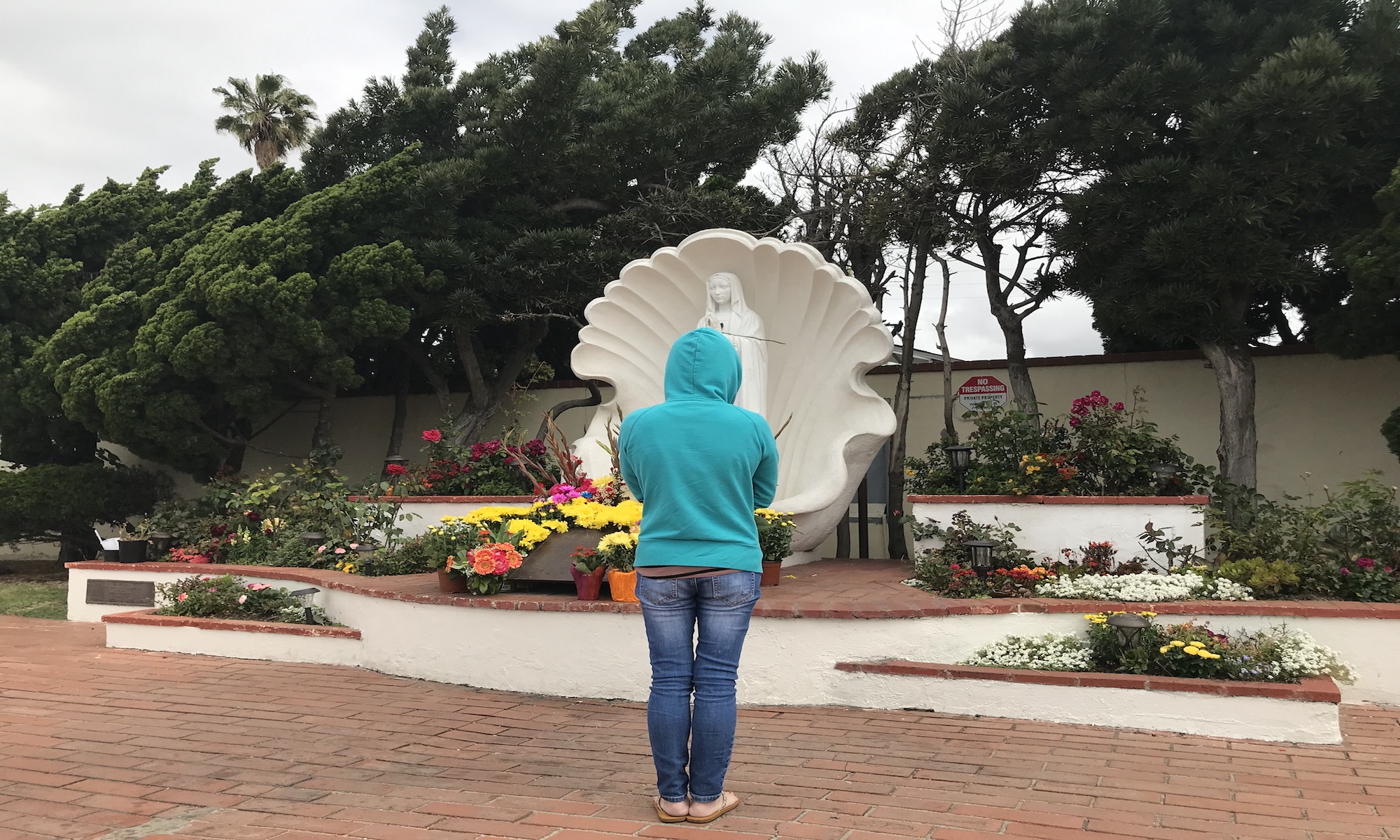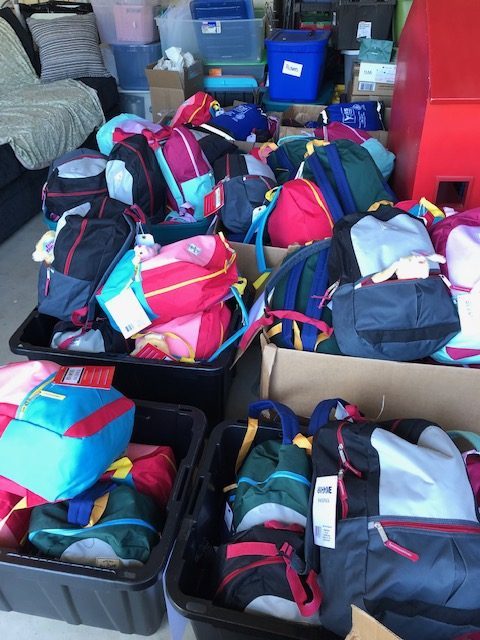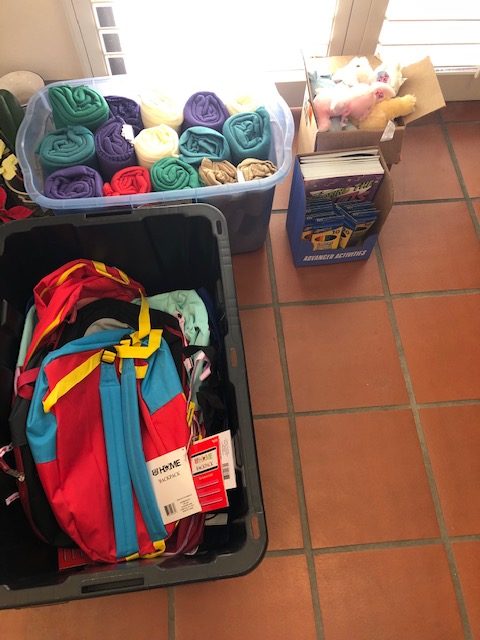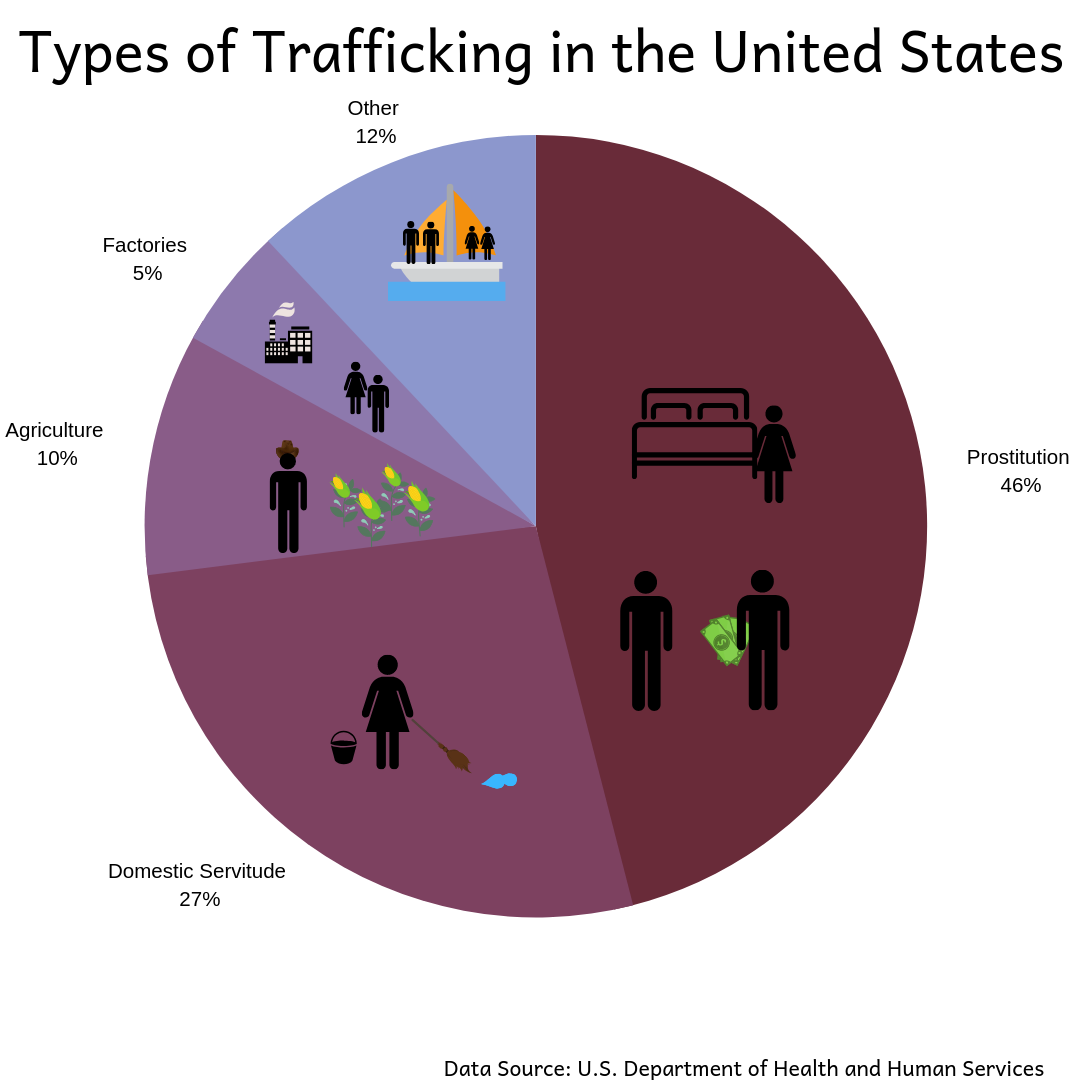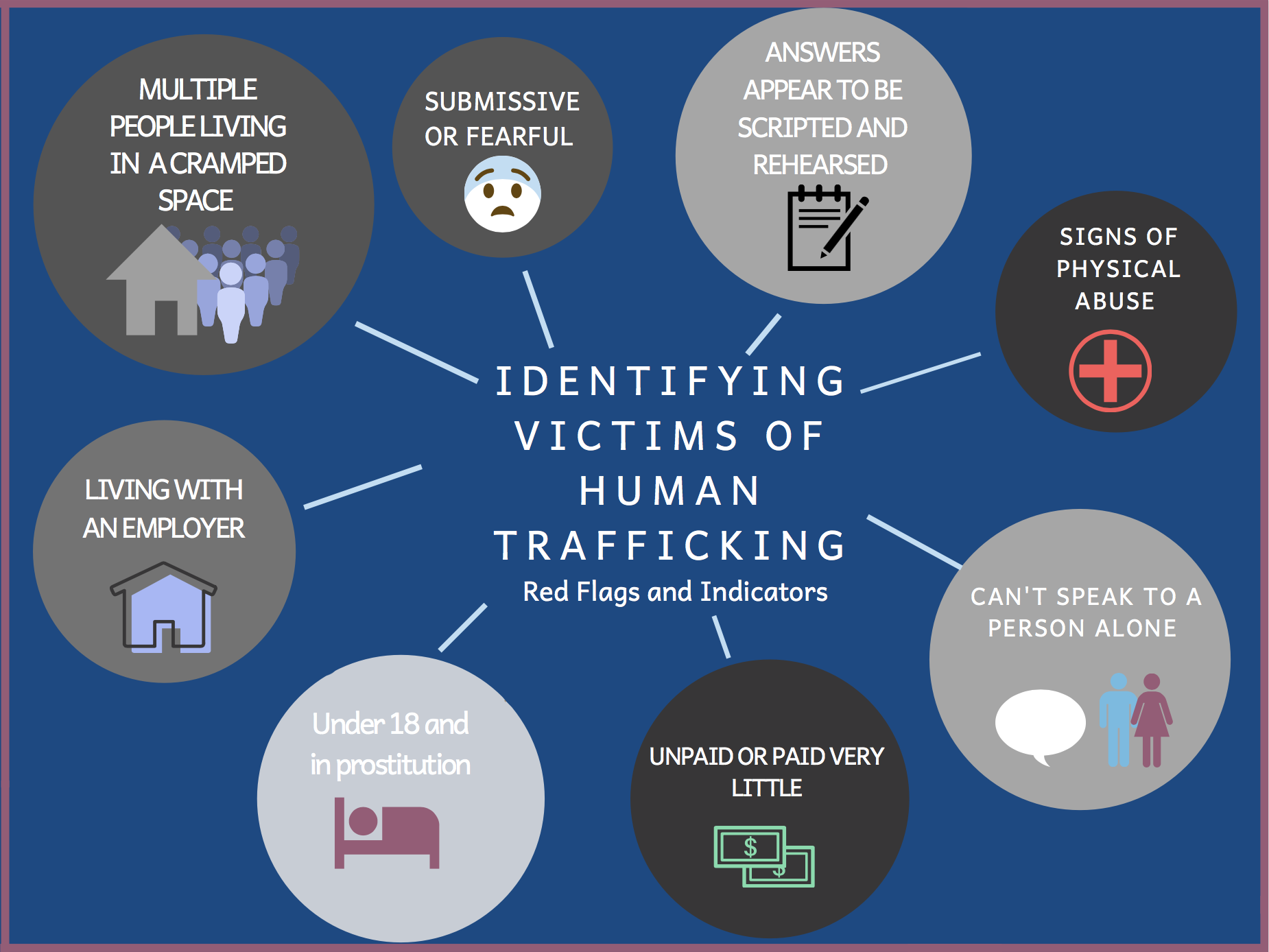LOS ANGELES – Southern California is a major hub for human trafficking, and the number of human trafficking victims continues to increase. While governmental organizations such as Homeland Security, the Department of Children and Family Services (DCFS) and the police department all work towards rescuing victims and prosecuting perpetrators, religious organizations often play crucial roles in providing victims with necessities to start fresh.
According to the California Attorney General’s office, Southern California’s extensive international border, harbors, growing immigrant population and strong economy make it a prime location for human trafficking. California ranked first in the country with 19 percent of all sex trafficking cases, with 75 percent of those cases coming from Southern California, according to the 2016 Polaris report.
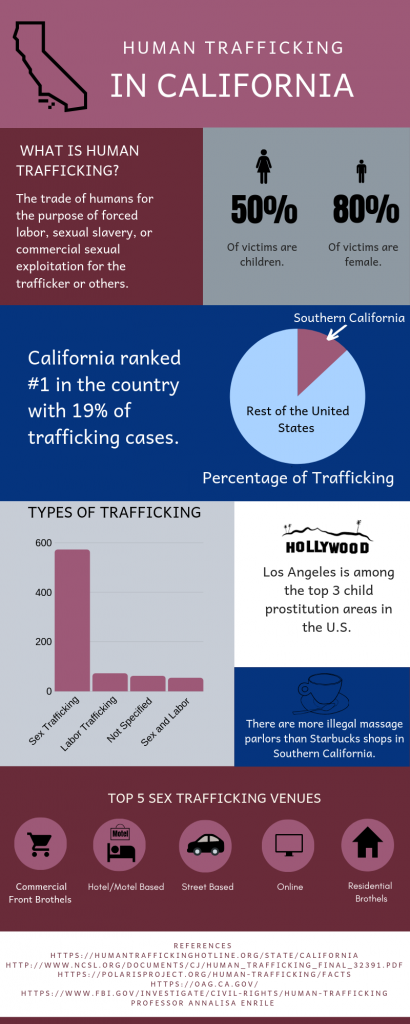
Annalisa Enrile, a professor at the University of Southern California (USC) who specializes in human trafficking, sees the importance of religious organization’s contributions to the fight against trafficking.
“Governmental organizations can’t do everything themselves,” Enrile said. “That is why non-profits, which are often religious-based, are so important.”
According to the National Conference of State Legislatures, California does not provide restitution for trafficking victims. Restitution would contribute to property loss and psychological services for victims.
Without a legal requirement for the California government to give victims monetary assistance, certain faith-based groups have stepped up to give victims material goods that they need.
Mary Anne Silvestri, a founding member of the End Slavery, Trafficking Humans and Effect Rescue (ESTHER) ministry, saw the need to provide victims with clothing, blankets and hygiene products.
”The girls that come in from being rescued are not in good shape,”Silvestri said. ”They need basic immediate attention.”
ESTHER was founded in 2015 after parishioners at St. Joseph’s Catholic Church in Long Beach, CA attended a Long Beach Human Trafficking Task Force meeting and wanted to help. Now, they have nearly 50 members dedicated to providing victims with the essentials they need. One of their most urgent tasks is creating “humanitarian bags” for human trafficking victims who had been rescued.
“Humanitarian bags” are backpacks with basic necessities, including clothing, a toothbrush and deodorant. ESTHER produces around 100 of these bags per year, which only include new items.
While these “humanitarian bags” are useful to victims re-entering society, they are also instrumental in helping victims testify in court. Governmental agencies cannot provide them with these basic needs because they cannot appear to be helping potential witnesses who may appear in court.
“These girls come in and many times do not have clothes to testify in court,” Silvestri said.
Counseling Services
While some religious organizations provide material goods, others offer counseling services. Journey Out, located in the San Fernando Valley, is a non-profit organization that provides several recovery programs to human trafficking victims. The former Mary Magdalene project, which was affiliated with the Protestant Church, eventually became Journey Out in 2010. The National Council of Jewish Women’s human trafficking ministry joined forces with Journey Out in March 2019. It is now based in Van Nuys, CA.
Stephanie Powell, a former Los Angeles police department officer, is now Journey Out’s executive director. She sees the need for trafficking victims to receive counseling services.
”Many people come out of trafficking lost and confused,” Powell said. ”They need guidance that the government does not provide them and that they cannot afford.”
Ericka Charbonnet, a porn industry trafficking survivor, also saw the need to give survivors counseling services. Charbonnet created a program in 2013 that combines spirituality and exercise to help human trafficking victims and other women build up their self-esteem and a curriculum specifically for women who just escaped trafficking.
Charbonnet bases her programs off of her own recovery experience.
”For me, my healing came ultimately because I understood my worth and value through God,” Charbonnet said.
Housing
According to Enrile, there is a large shortage of housing for trafficking survivors once they escape their perpetrators. Several religious organizations provide safe housing for victims. Journey Out provides temporary housing for victims in the Los Angeles area.
Redeeming Love, a Christian faith-based organization, provides housing for victims. Charlene Heydorn, their founder, saw the pressing need to give women a way out in 2013.
”These victims don’t have a place to go,”Heydorn said. ”It is important that they feel safe.”
Redeeming Love completed their first full year of their adult survivors of human trafficking residential program in early 2019.
Religious Motivation
For many religious organizations in Southern California, the need to fight human trafficking is urgent. Over 200 religious leaders came together to form the SoCal Faith Coalitions Against Human Trafficking in 2018.
“Christianity and many other religions have a social service aspect to them,” Patterson said. “Our religions tell us it is our responsibility to help people in need. Human trafficking is such a pressing problem in Southern California, so we decided to join forces to help fight it.”
Silvestri from ESTHER agrees that it part of her religious duty to help fight human trafficking. However, ESTHER does not try to proselytize the people they help.
“It is something that as Catholics we believe that our social justice mission requires us to do things like this,” Silvestri said. “We include inspirational notes in our humanitarian bags but we don’t necessarily want to make it a religious note, and we’re careful about that.”
Silvestri believes that part of this push in the Catholic Church to fight human trafficking came from Pope Francis. In 2013, Pope Francis gave a speech to Vatican leaders urging them to fight trafficking. He continued to advocate for this cause in Vatican conferences in 2018 and 2019.
Redeeming Love’s Heydorn also believes that it is part of her duty as a Christian to help fight human trafficking.
“We need to fight for the oppressed and be agents for healing,” Heydorn said. “We can do this by offering emotional, physical, mental and spiritual healing.”
Other religious organizations do not incorporate religion into their services. While Journey Out started out as faith based, they currently do not have a spirituality aspect in their programs.
“Our programs do not incorporate religion at all,” Powell said. “We want all people to feel welcome.”
For more information about these organizations, visit their websites:
